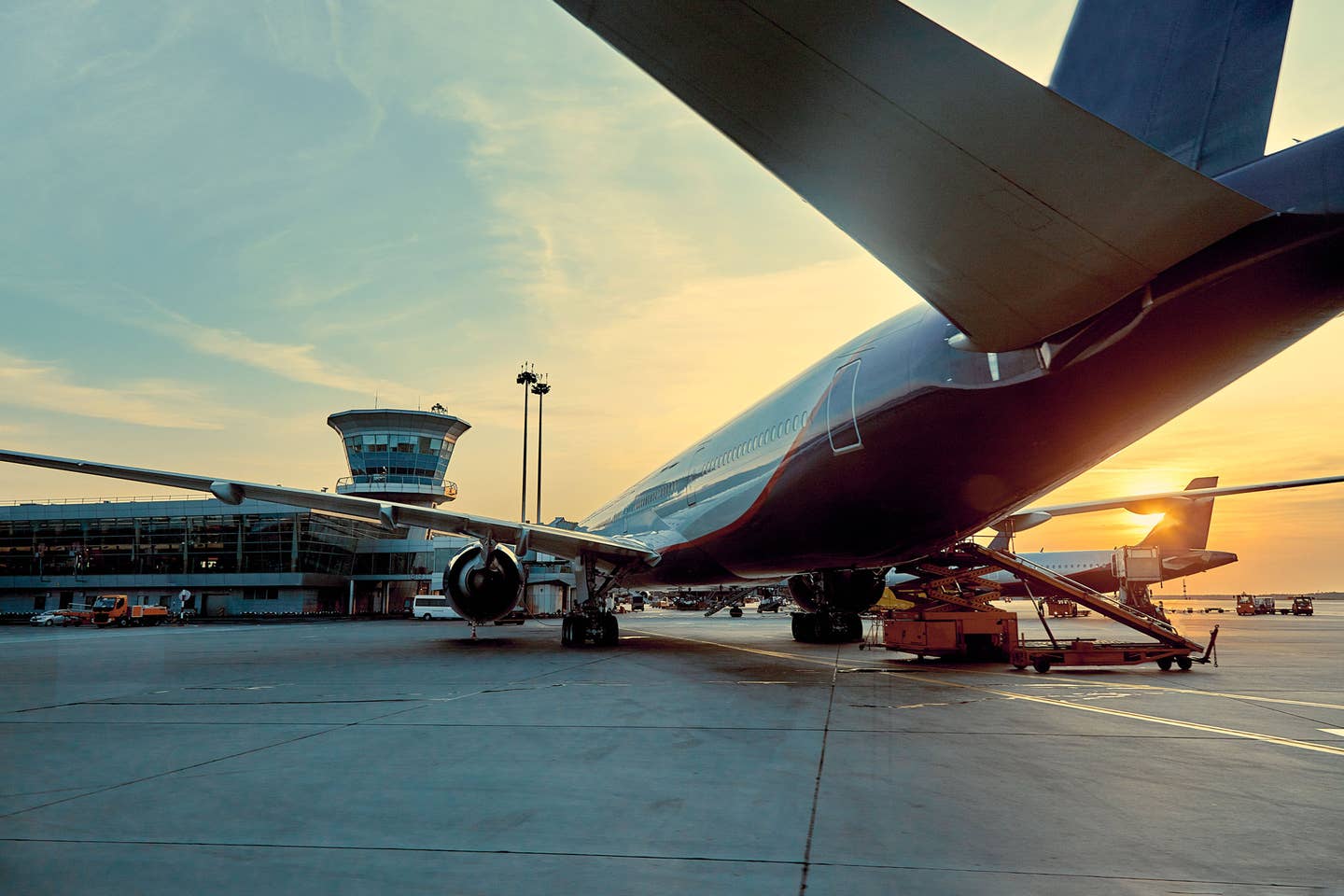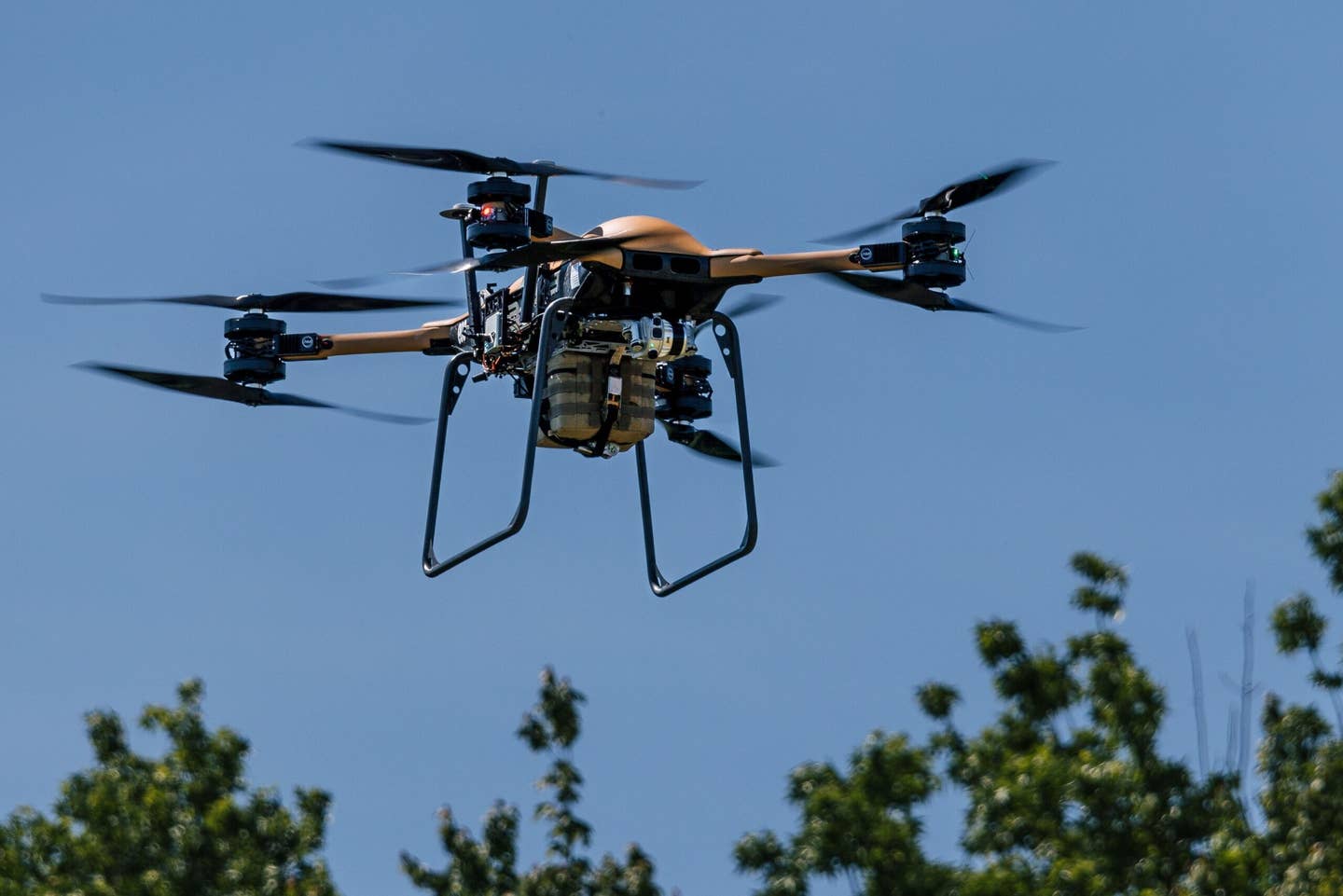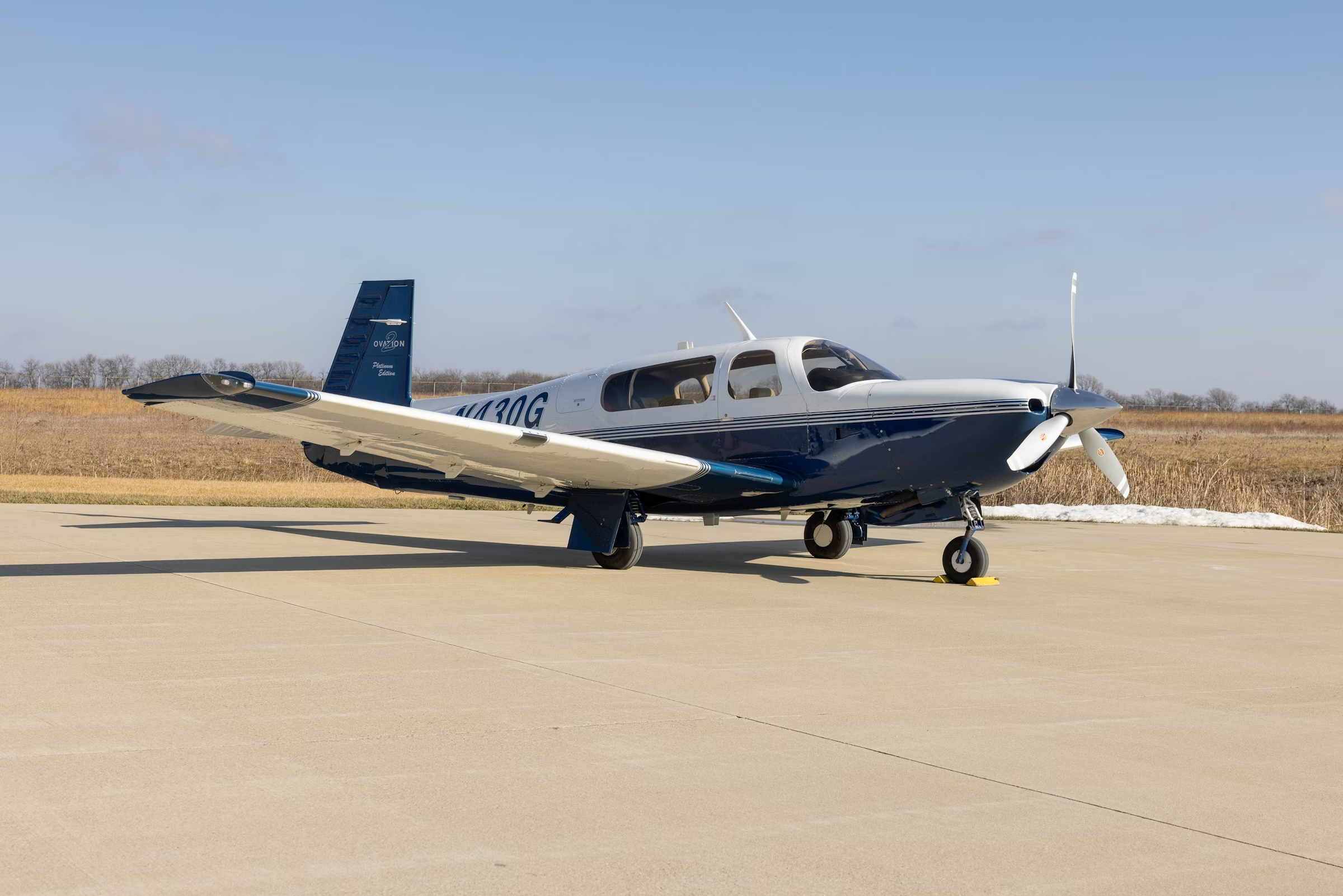
Air cargo has been a savior for communities around the world after the COVID outbreak. Adobe Stock
Editor’s Note: This article originally appeared on FreightWaves.com.
The director general of the International Air Transport Association acknowledged that the organization has not always valued cargo throughout its history, but also said the pandemic taught airline executives that shipping goods can be profitable with more focused service.
“People probably haven’t fully appreciated the importance of cargo to the financial model of a lot of airlines,” Willie Walsh, the former chief executive of British Airways and International Airlines Group, said during a moderated exchange at the Cargo Network Services (CNS) conference in Miami.
“When it came to discussions at the [IATA] board of governors, it was rare to have a debate about cargo, to be honest with you. It rarely made it onto the agenda,” said Walsh, who took the helm at IATA in April.
“I’ve had two board meetings since I joined as director general and at both of them cargo was on the agenda, principally the carriage of energy storage devices [such as lithium batteries] and concerns about safety. That’s the first time that I can recall where we’ve had discussions at the board level where cargo has been central to the agenda.”
IATA, based in Geneva, had many priority issues to deal with and cargo didn’t come up for discussion.
“So I think the criticism leveled at IATA is fair,” Walsh said.
How It Happened
Air cargo has been a savior for communities around the world after the COVID outbreak by delivering personal protective equipment, COVID-19 vaccines and other goods at a time when most passenger flights, which carry about 50 percent of global airfreight, were grounded and economies were only partially functioning.
Passenger airlines quickly threw about 2,500 aircraft into the breach for purely cargo operations, including more than 300 with their seats removed, which alleviated some of the capacity crunch for shippers.
Cargo operations rapidly became an important source of revenue for cash-strapped airlines. Many carriers have smashed previous revenue highs for cargo in recent quarters and continue to enjoy very high yields because air cargo capacity is still about 15 percent below pre-crisis levels amid strong demand for cross-border trade.
Cargo represented 35 percent of airline revenue in 2020 compared to about 13 percent in a typical year—closer to 3 percent for major U.S. carriers—and IATA forecasts cargo will generate 30 percent of industry revenue in 2021 despite the return of more passenger business.
Walsh said airlines, going forward, will put more emphasis on cargo because it can make a difference in profitability.
Some airlines have cut back or eliminated passenger freighters as more aircraft are returned to regular passenger service. But their business model has reversed, with management examining the incremental cost of carrying passengers rather than the incremental cost of cargo when making decisions about how, and where, to fly.
At Delta Air Lines, for example, the cargo division plays a much greater role in determining which cities to serve, service frequency and the type of aircraft flown, vice president of cargo Robert Walpole said in an interview earlier this summer.
“I’ve always had an appreciation for the contribution of cargo. I don’t think that’s true of all airline CEOs,” but that has changed during the pandemic, Walsh said. “The debate has given a whole new insight to airline network manager teams as to the importance of cargo to the business.”
The director general predicted that airlines’ focus on cargo will be sustained and even suggested a potential rekindling of interest in freighters after many carriers exited the all-cargo sector years ago because they couldn’t make sufficient returns.
In fact, airlines like Air Canada (TSX: AC), WestJet, SmartLynx and Air Belgium have launched or are in the process of launching stand-alone divisions that operate all-cargo aircraft.

Sign-up for newsletters & special offers!
Get the latest FLYING stories & special offers delivered directly to your inbox






